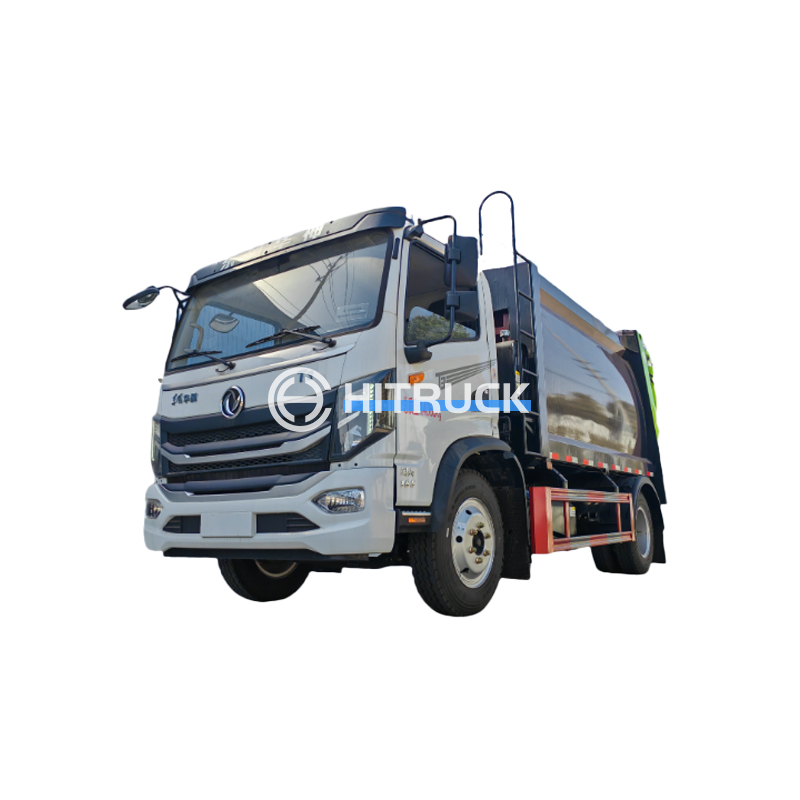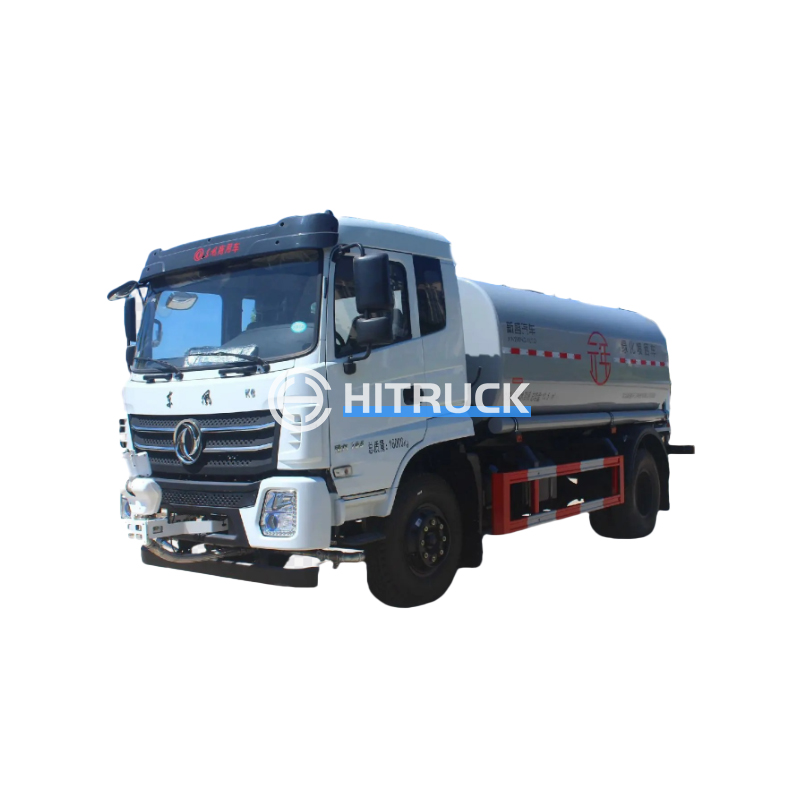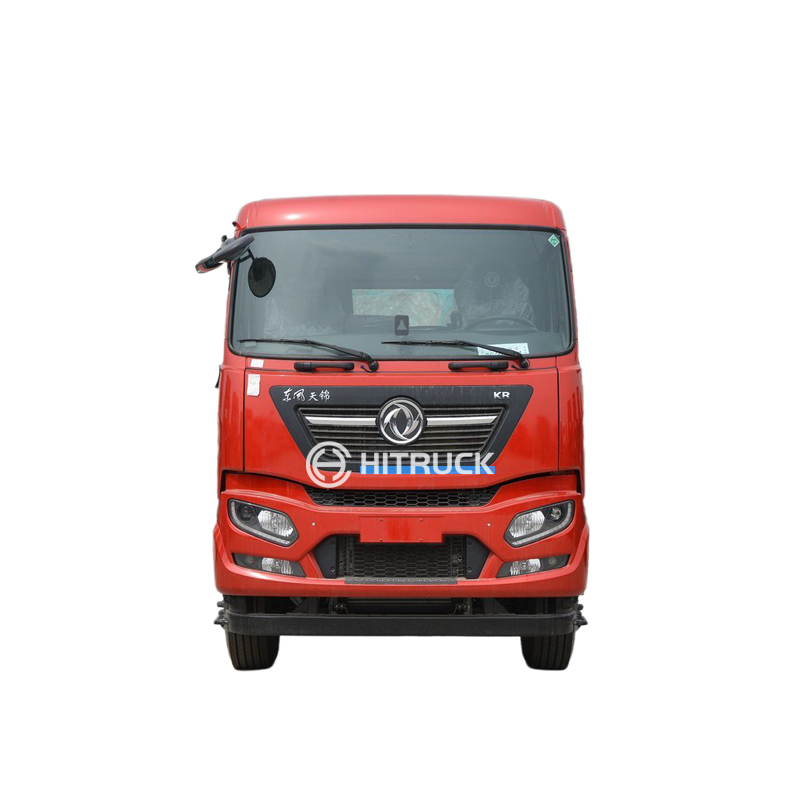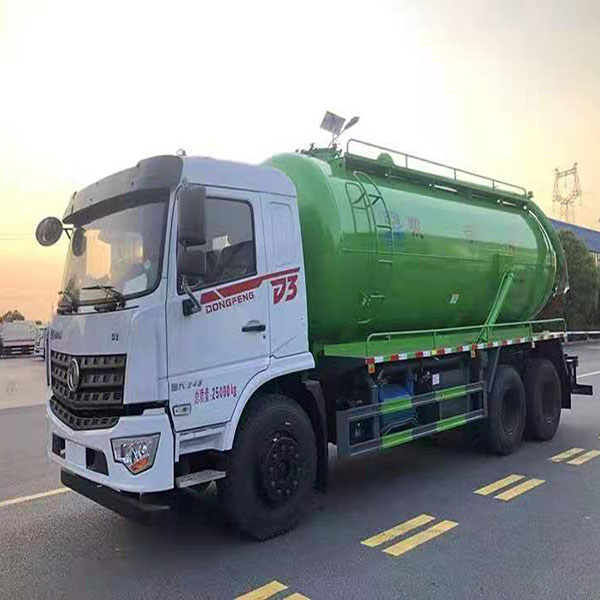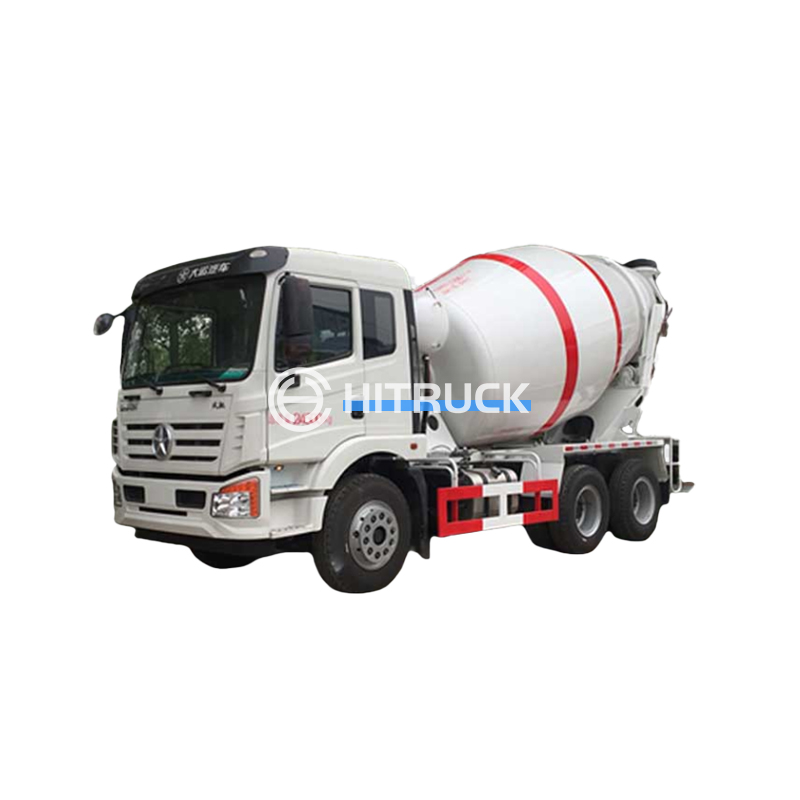This guide helps you understand the different types of small water trucks available, their applications, and key factors to consider when making a purchase. We'll cover capacity, features, maintenance, and more, ensuring you find the perfect small water truck for your specific requirements.
Small water trucks come in various capacities, typically ranging from a few hundred gallons to several thousand. Consider your daily water needs. Will you be using it for small-scale construction projects, landscaping, dust suppression, or agricultural irrigation? Overestimating your needs can lead to unnecessary expenses, while underestimating can hinder your operations. For example, a 1000-gallon small water truck might suffice for a small garden center, while a larger capacity might be necessary for a construction site.
Different types of small water trucks cater to specific needs. Some are designed for maneuverability in tight spaces, while others prioritize payload capacity. Features like pumps, spray nozzles, and tank materials also vary considerably. Research the specific features required for your tasks. For instance, a truck with a high-pressure pump might be suitable for cleaning, whereas one with a simple gravity-fed system might be sufficient for watering plants.
The pumping system is crucial. Consider the pump's flow rate (gallons per minute or GPM) and pressure. Higher GPM is better for quicker filling or spraying, while higher pressure improves the spray distance and power for cleaning purposes. Different pump types (e.g., centrifugal, piston) have varying strengths and weaknesses; research which best suits your application.
Tank materials significantly impact durability and maintenance. Steel tanks are robust but susceptible to rust; polyethylene tanks are lightweight and corrosion-resistant but can be more prone to damage. Consider the chemicals you'll be transporting (if any) when selecting the appropriate tank material.
The size and maneuverability of the small water truck are vital, especially if you're working in confined areas. Smaller trucks are easier to navigate but might have a lower water capacity. Carefully measure your access points and operating spaces to ensure a proper fit.
Regular maintenance is essential for extending the lifespan of your small water truck. This includes checking fluid levels, inspecting hoses and connections, and cleaning the tank to prevent corrosion and bacterial growth. Proper maintenance will minimize downtime and unexpected repair costs.
The cost of a small water truck depends on several factors, including capacity, features, and brand. Factor in not only the initial purchase price but also ongoing maintenance, fuel costs, and potential repairs. Comparing different models and obtaining quotes from multiple vendors is highly recommended.
For a wide selection of high-quality small water trucks, consider visiting Suizhou Haicang Automobile sales Co., LTD. They offer various models to meet diverse needs and provide excellent customer service.
Selecting the right small water truck requires careful consideration of your specific requirements. By understanding your needs, researching key features, and planning for maintenance, you can make an informed decision and find a small water truck that meets your needs effectively and efficiently. Remember to always prioritize safety and follow all operating instructions.

